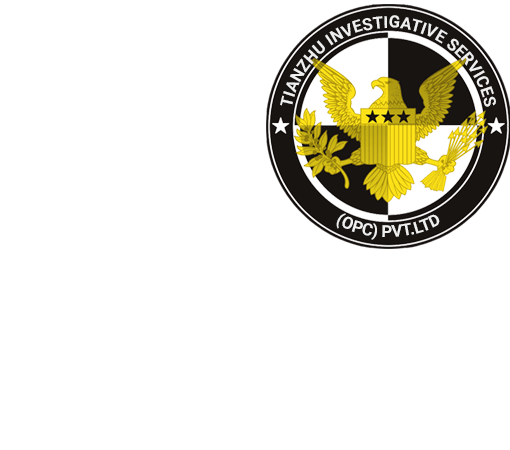Para Normal Investigation
A Paranormal Investigator (PI) is a person who investigates claims regarding the presence of ghosts, demons, spirits, aliens, lake monsters, the chupacabra, and other “strange and bizarre” things. (The Association for the Scientific Study of Anomalous Phenomena (ASSAP) lists 45 subjects for investigation. The Skeptic’s DictionaryParanormal Topics page lists over 50 subjects.) The paranormal investigator should be distinguished from the parapsychologist or laboratory researcher of psi, although some paranormal investigators also do lab work.Field and house PI’s
Some PIs are field PIs. Some are “house” PIs. The field PI goes on site to investigate. The house PI reads the reports of field PIs, but does not travel to the site of weird phenomena. House investigations are essential, since nobody can travel to all the places that warrant investigation. To get a complete picture of paranormal investigations, one must rely on the reports of others even if one is a field investigator.True Believers, Bebunkers, and Deniers
There are those who do not go into the field to investigate, nor do they study the reports of those who do, yet they accept or reject the conclusions of a PI. Such people are sometimes characterized as either “true believers” or “debunkers.” It is probably fair to designate someone who accepts a claim that a ghost or lake monster has been verified, even though he or she hasn’t done any investigation or studied any reports, as a “true believer.” I don’t think it is accurate to refer to everyone who rejects a claim that a ghost has been verified, even though he or she hasn’t done any field investigations or studied a specific report, as a “debunker.” To debunk is to expose something as false or as not what it is claimed to be. You can’t expose something by simply denying its existence. A better term for such people would be “paranormal denier,” rather than debunker or skeptic. Debunking is often what a PI does after investigating a place that others have claimed to know is haunted or inhabited by a monster, etc. Debunking is also something that a house PI might do after studying the reports of field PIsWide Variation in Quality of PI’s
As already noted, there are many subjects that a PI might focus on. One of the more popular areas of investigation these days concerns ghosts and haunted buildings. Although many PIs who investigate ghosts and hauntings claim to be scientific and skeptical, a cursory look at websites and television programs devoted to “ghost hunting,” “ghostbusting,” or “hauntings” indicates that the claim is often hollow.
There are hundreds, perhaps thousands, of individual PIs and PI groups around the world. A Google search for “paranormal investigator” on April 15, 2010, yielded about 686,000 results. Several popular television programs in the U.S. feature PIs investigating allegedly haunted places. A scientific PI does not assume that what he or she is investigating is haunted. The point of doing an investigation should be to investigate claims of weird phenomena and attempt to discover the cause or causes of the apparently paranormal experiences. The goal should not be to prove or disprove the existence of anything in particular.
Many PIs seem to be more interested in fame, fortune, and fun than they are in serious scientific investigation of the paranormal. I’m thinking of those television programs where “investigators” keep bumping into each other and shining their flashlights in the dark while uttering things like “Oh my God! Did you feel that?!” Even police officers are getting into the act. Larry Potash of WGN in Chicago reported on some Chicago cops who work on the side as Paranormal Detectives. The Scientific PI
The scientific PI approaches an investigation with an open mind, collects and examines as much relevant evidence as is reasonable for the claim being investigated, develops hypotheses, and tries to falsify them. Yes, a scientist tries to falsify, not verify, his hypothesis. If you set out to verify your hypothesis you are very likely to be misdirected by confirmation bias. You will look only for those things that confirm what you believe and you will systematically ignore those things that might disconfirm your belief. To keep an open mind, the scientist, like a good detective, must not form hypotheses too early in the investigation, as the tendency of all of us is to confirm, not disconfirm, our hypotheses. Unless you are lucky, and your first guess happens to be the right one, you run the risk of building up a convincing case for a false claim.To know More about Para Psychology, Paranornal Investigations, Paranormal Detectives, Paranormal Researches
- About Para Psychology
- Modern Psychology
- Para Psychology Researches
- Para Psychology History
- Para Psychology Stories Command guard
- Para Psychology Investigations
- Para Psychology Detectives
- Paranormal Activities
